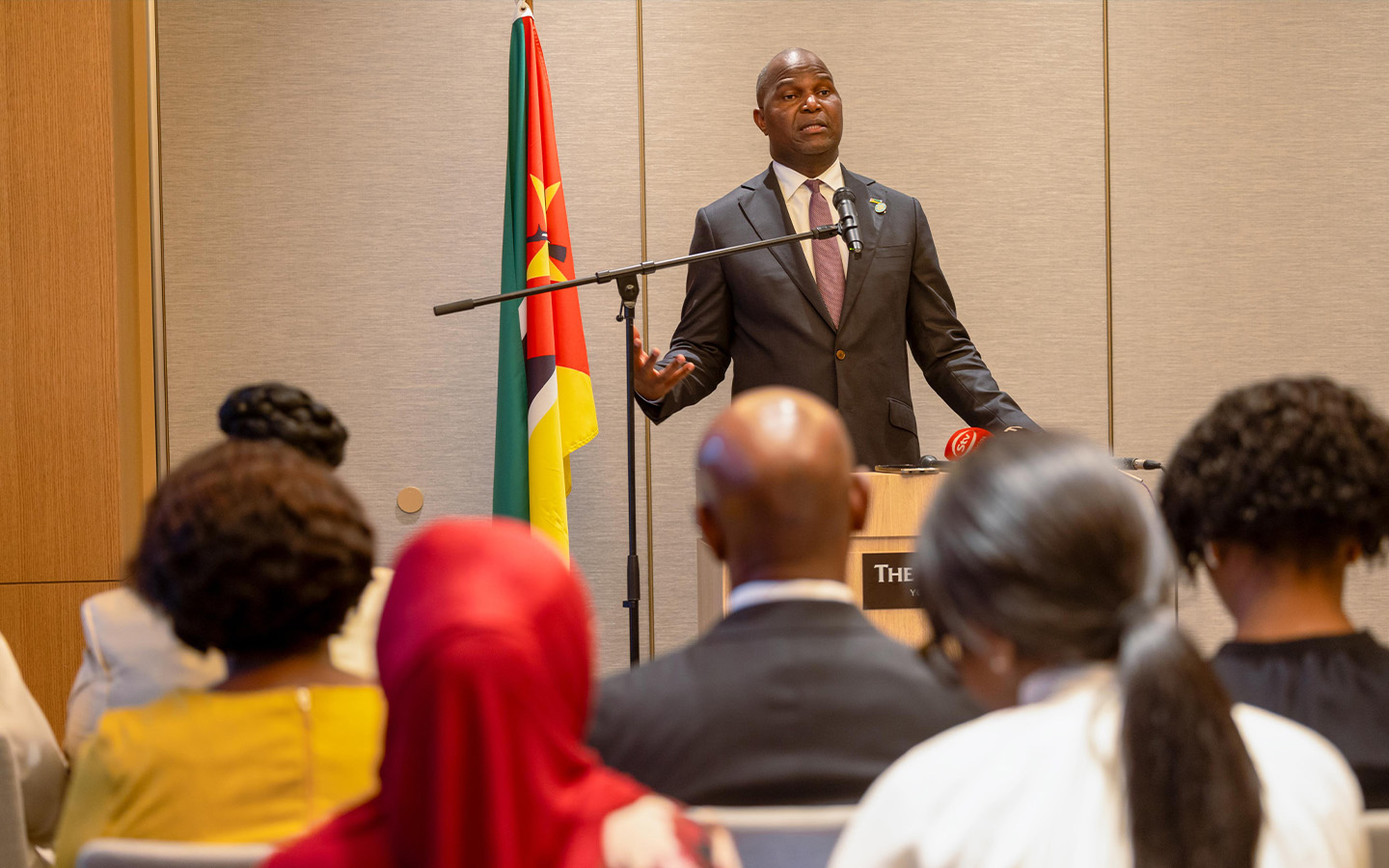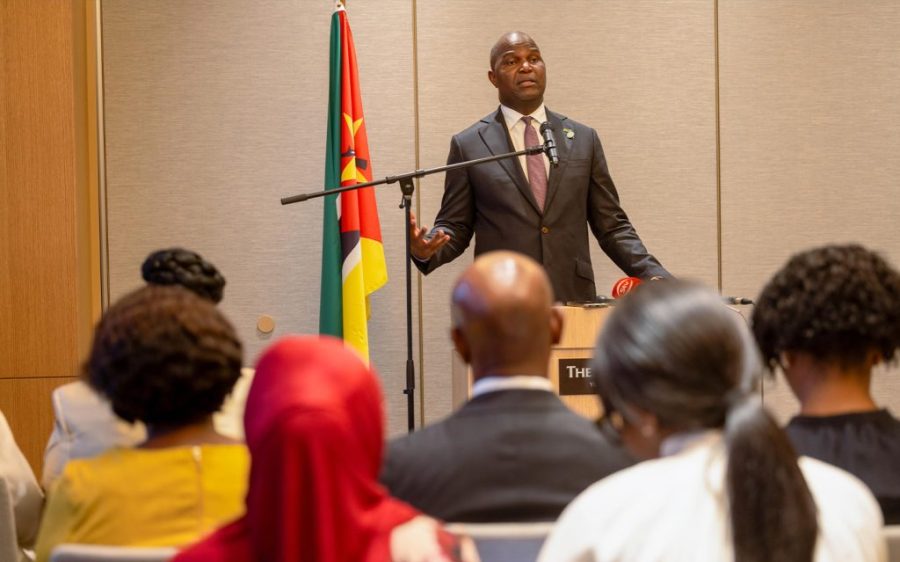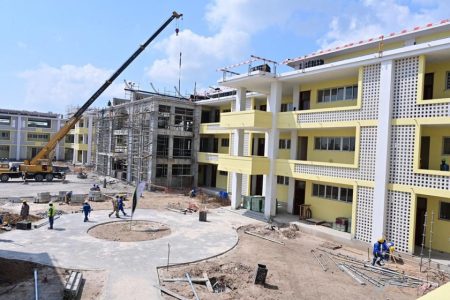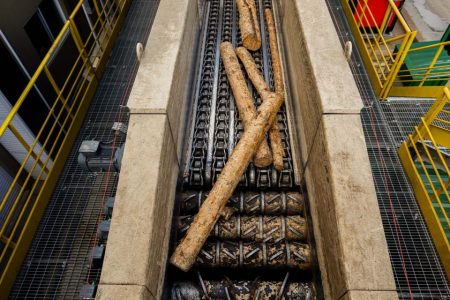Mozambican President Daniel Chapo wrapped his three-day working visit to Japan with an “extremely positive” experience at the 9th Tokyo International Conference for African Development (TICAD 9), reports news website Club of Mozambique.
Japanese officials have expressed interest in the Nacala Corridor – an ambitious transport link that stretches across five Mozambican provinces. Chapo told reporters there are discussions in Japan to extend it to Malawi, Zambia and the southern Congo. Integrated development of the corridor encompasses a wide variety of sectors, as well as key infrastructure like roads, railways and port expansion.
Chapo also presented Japanese authorities with Mozambique’s ambition to become a regional energy hub, leveraging hydroelectric, gas, solar, wind and coal power.
[See more: Japanese business delegation visits Mozambique in a bid to strengthen ties]
“We have the demand from countries in the region that are facing electricity challenges, and the solution lies in Mozambique,” he said, emphasising Japan’s “willingness to participate financially in this vision.”
Chapo was quick to point out areas where Japan is already invested in Mozambique. Japanese conglomerate Mitsui, for example, is a significant investor in the long-delayed US$20 billion liquified natural gas (LNG) project in the northern province of Cabo Delgado. At 20 percent, it holds the second-largest stake in the project after project leader TotalEnergies.
Mitsui announced its intention to increase investment in the project during Chapo’s visit to Japan. Work on the project halted in 2021 after a brutal terrorist attack on the area left more than 1,000 people dead, including dozens of project employees. Total is now in talks with the government to restart, citing what it calls an “improved” security situation, as well as new security measures.






